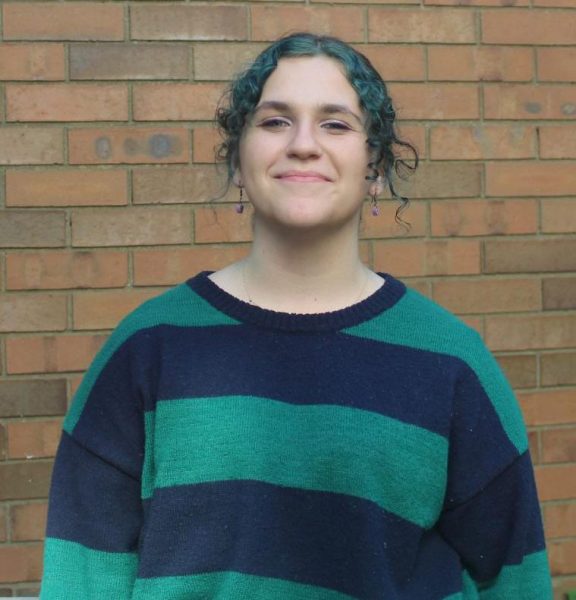Every day, most people talk to many different people living their day-to-day lives. Let’s say you talk to nine people that day, three of them statistically have a high likelihood of being diagnosed with cancer at some point in their life. Three doesn’t seem like a lot, but if you put that into perspective, that’s one person of any given group of three people.
Regular cancer checks are an important part of maintaining good health, yet many people don’t do them due to misinformation, or fear of finding out. Early detection through screenings and self-checks can significantly increase the chances of successful treatment and survival. However, skipping these checks can lead to the growth of undetected cancers, making treatment more difficult and reducing the likelihood of long-term survival. It’s important to understand these screenings’ helpfulness and make them a priority in our routines.
Cancer can impact anyone of any age, race, and gender. It’s is an ongoing problem in our country, with roughly 1.9 million new cases in 2019 alone, according to the American Cancer Society Breast cancer can be genetic, but thanks to improved medical equipment, it can be caught early on. Getting yearly mammograms can significantly reduce your chances of dying from breast cancer by 20-30 percent, according to the U.S. Preventive Service Task Force in 2016.
As a younger kid, I used to think cancer was a disease which afflicted only older generations.
It’s not.
Self-checks may seem unimportant to you, but it should be important. Self-checks every once in a while and becoming attuned to your body of what is and isn’t normal — no matter your age — can help you catch potentially dangerous changes early on. However, self-checks are not a replacement for doctor screenings.
According to a May 2024 article on Cancer Research UK, “Rates are also rising for young adults between the ages of 25- 49, with a 7 percent increase in [melanoma] incidence in the last ten years.” For skin cancer, following the “ABCDE” rule can help you find potentially dangerous moles: asymmetry, border, color, diameter, and evolving, according to the Skin Cancer Foundation. Any new moles or skin tags can be a sign of concern for skin cancer. However, that’s not to say every mole is cancer. If you do feel concerned or think something is wrong, going to a dermatologist to get your skin looked at can be beneficial.
Cancer can mess with your appetite; it may give you extreme fatigue, or just overall pain. If you feel any of these for a prolonged amount of time beyond just being sick with a cold, go to a doctor and see what they recommend.
Even though cancer is such a big topic, the talk about all health is minimal. Talking more and spreading an overall awareness of this is crucial to the protection of everyone. Going back to the previous talk of thinking cancer won’t impact you at a young age, even if you don’t have cancer, taking precautionary measures at a younger age can help. Having an overall healthier lifestyle is one of the best ways to prevent it, besides self-checks and screenings.
Know your family history. No matter what, if you live a healthy lifestyle, also knowing what runs in your family regarding cancer diagnoses is important and shouldn’t be ignored. Ask your family members. Informing your doctor about these at your check-ups can help them keep track. Until a cure is found, staying healthy, knowledgeable and proactive is what we have, so take action to inform and protect yourself. It may just save your life.

![[from left] Associate Principal Mr. Mike Bluey, Principal Mr. Henry Householder, Associate Principal Mrs. Ashley Duff and Associate Principal Mr. Robert White are the Hoover High School administration for the 2025-2026 school year.](https://thevikingviews.com/wp-content/uploads/2025/10/IMG_7174-1200x800.jpg)

